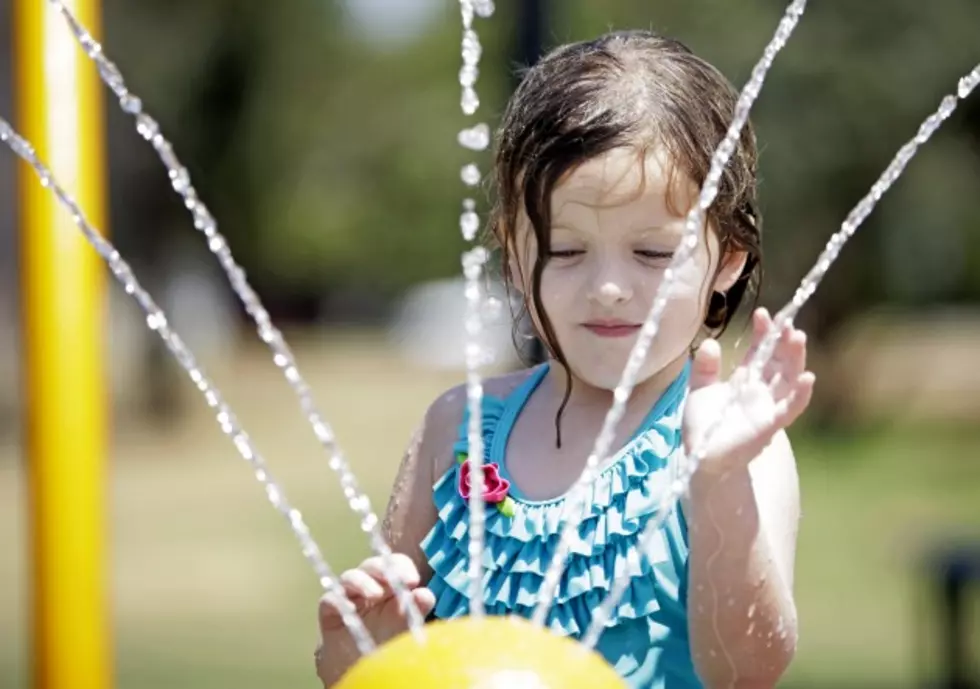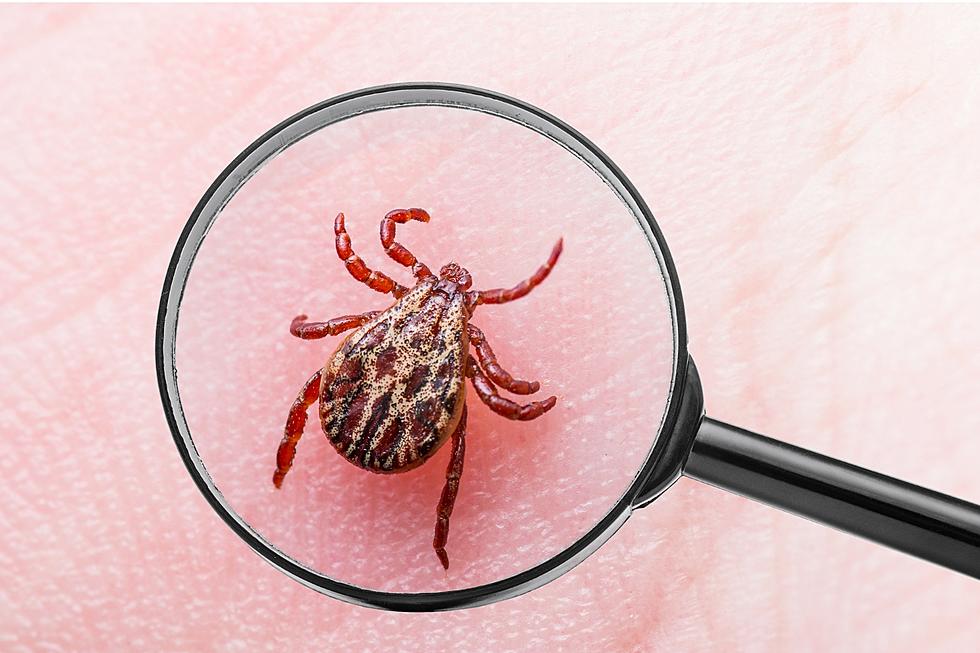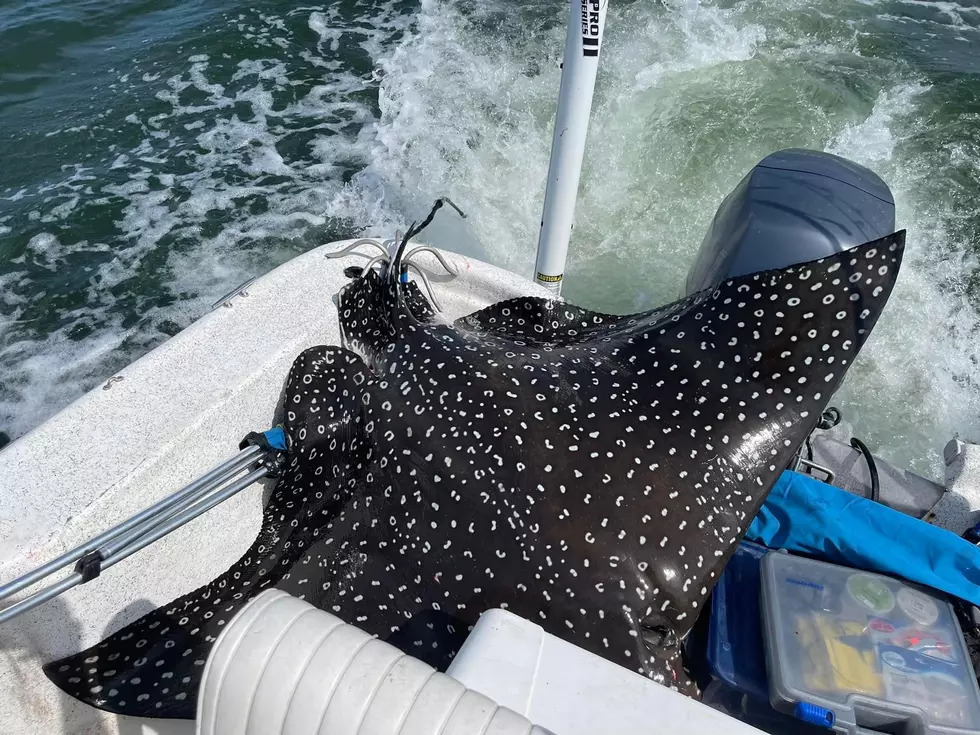
Summer Heat Safety Tips
Unlike so many other types of extreme weather, heat is a silent killer. In an average year, roughly 175 American succumb to its effects.
Here are a few heat safety tips to help you on those hot summer days.
- Eliminate or reduce your outdoor activity. Reschedule that activity until a cooler part of the day.
- Wear lightweight, light-colored and loose-fitting clothing to reflect heat and sunlight.
- Drink more fluids. Your body needs water to keep cool.
- Don’t wait until you’re thirsty to drink.
- Don’t drink liquids that contain alcohol or large amounts of sugar.
- Avoid very cold drinks - they can cause stomach cramps.
- Stay indoors if at all possible. If you cannot afford air-conditioning or if yours goes out, go to a library, store or other location with air-conditioning for part of the afternoon.
- Don't get too much sun. Sunburn greatly reduces your body's ability to dissipate heat.
- Wear wide-brimmed hats and sunglasses.
If you know someone older than 65, you should check on them regularly during extreme heat waves. People 65 or older as well as infants and children are more susceptible to heat-related illnesses.
Here are a few child safety tips as well to remember on hot days.
- For kids six months and older (as well as adults), sunscreens with an SPF of 15 or greater. Apply liberally 15 to 30 minutes before sun exposure. A common recommendation by many public health agencies is to reapply sunscreen every 2 hours.
- The American Academy of Pediatrics (AAP) says sunscreen may be used on infants younger than six months on small areas of skin if adequate clothing and shade are not available.
- Keep infants out of the sun. Keep babies younger than six months out of direct sunlight, dressed in cool, comfortable clothing and wearing hats with brims.
- Plan early morning activities for children. Avoid peak-sun hours (11 a.m. to 4 p.m.) as much as possible.
The most important tip is this: Check the weather. Pay attention to heat indexes and look for the ultra-violet (UV) index.
More From Alt 101.7









